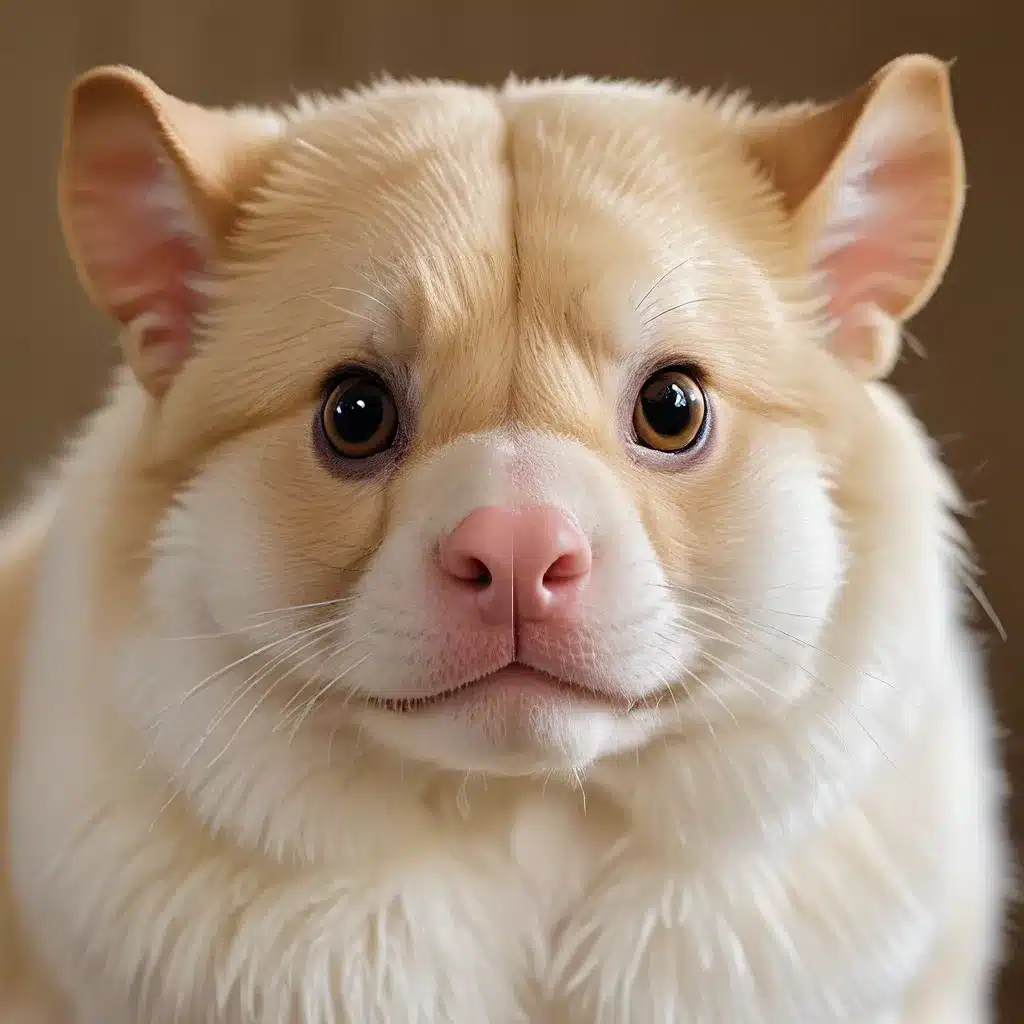
As a proud exotic pet owner, I know the joy and fulfillment our furry, feathered, or scaly companions bring to our lives. But have you ever wondered what would happen to your beloved pets if something were to happen to you? That’s where estate planning comes into play, and it’s a crucial step in ensuring your exotic pets are cared for even after you’re gone.
The Importance of Estate Planning for Exotic Pet Owners
Let’s face it, our exotic pets are more than just animals – they’re part of the family. And just like we make arrangements for our human loved ones, it’s essential to have a plan in place for our animal family members too. After all, who would you trust to provide the specialized care and attention your exotic pet requires?
Estate planning is the process of organizing your affairs and making decisions about how your assets and belongings will be managed and distributed after you pass away. This includes designating a guardian for your pets, setting up a trust to cover their care, and ensuring your wishes are carried out.
But estate planning for exotic pet owners can be a bit more complex than for traditional pet owners. You see, exotic pets often have unique needs and require specialized knowledge and resources. From proper habitat setup to specific dietary requirements, your average pet sitter or family member may not be equipped to handle the care of your feisty ferret or scaly snake.
Identifying the Right Caretaker for Your Exotic Pets
One of the most critical aspects of exotic pet estate planning is finding the perfect caretaker for your furry (or not-so-furry) friends. This person or organization should not only be willing to take on the responsibility, but they must also have the expertise and resources to provide the level of care your pets need.
When considering potential caretakers, it’s important to ask yourself a few key questions:
-
Do they have experience caring for exotic pets? Caring for a parrot or a bearded dragon is vastly different from caring for a more traditional pet like a dog or cat. Make sure your chosen caretaker has the necessary knowledge and skills to properly care for your specific pets.
-
Can they accommodate the unique needs of your pets? From specialized diets to complex housing requirements, exotic pets have very particular needs. Your caretaker must be able to provide the appropriate environment and resources to keep your pets happy and healthy.
-
Do they have the time and commitment to dedicate to your pets? Exotic pets require a significant amount of attention and care. Your caretaker must be willing and able to devote the necessary time and energy to ensure your pets receive the best possible care.
Once you’ve identified the perfect caretaker, it’s time to make the necessary arrangements in your estate plan. This could involve setting up a trust to cover the ongoing costs of your pets’ care or explicitly naming the caretaker in your will.
The Importance of a Pet Trust
One of the best ways to ensure your exotic pets are cared for after you’re gone is to create a pet trust. A pet trust is a legal arrangement that allows you to set aside funds specifically for the care and maintenance of your pets.
With a pet trust, you can:
- Designate a caretaker: This is the person or organization who will be responsible for the day-to-day care of your pets.
- Specify care instructions: You can outline your pets’ specific needs, from diet and habitat to veterinary care and grooming.
- Provide financial resources: The trust will include funds to cover the costs of your pets’ care, ensuring they are well-provided for even after you’re gone.
By setting up a pet trust, you can have peace of mind knowing that your beloved exotic pets will be in good hands and that their needs will be met, even if you’re no longer there to care for them yourself.
Preparing for the Unexpected
As an exotic pet owner, it’s important to remember that the unexpected can happen at any time. That’s why it’s crucial to have a plan in place not just for the long-term, but for the short-term as well.
Traveling with your exotic pets can be a wonderful experience, but it also requires careful preparation and consideration. Before you hit the road (or the skies) with your feathered or scaly companion, make sure you’ve got all the essentials covered:
- Up-to-date vaccinations and preventive care: Ensure your pet is healthy and protected before embarking on any journey.
- Necessary supplies: Pack plenty of food, water, medications, and familiar toys to keep your pet comfortable and content.
- Pet-friendly accommodations: Research your destination and make reservations at pet-friendly hotels or other accommodations.
- Veterinary care plan: Identify emergency veterinary clinics along your route in case your pet needs medical attention.
Remember, not all pets are comfortable with travel, so it’s important to consult with your veterinarian if you have any concerns about your pet’s ability to handle the journey.
Leaving a Lasting Legacy
As an exotic pet owner, your furry (or not-so-furry) friends are a cherished part of your life. And when it comes to estate planning, it’s crucial to ensure that your beloved companions are cared for even after you’re gone.
By investing in the proper estate planning for your exotic pets, you can leave a lasting legacy and provide peace of mind knowing that your pets will be in good hands. Whether it’s through a pet trust or by carefully selecting a dedicated caretaker, you can rest assured that your exotic companions will continue to thrive, even in your absence.
So, what are you waiting for? Start planning for the future of your exotic pets today, and ensure that your furry, feathered, or scaly friends are protected for years to come.

